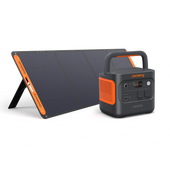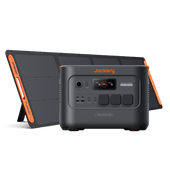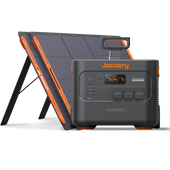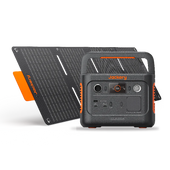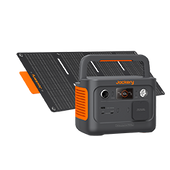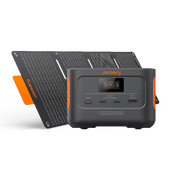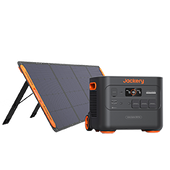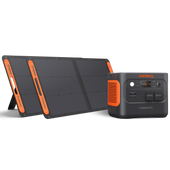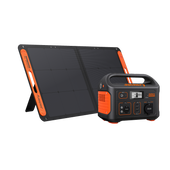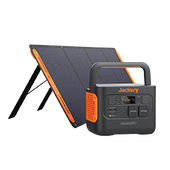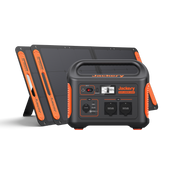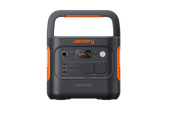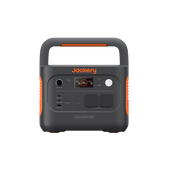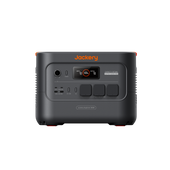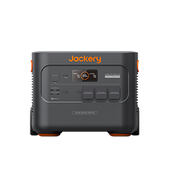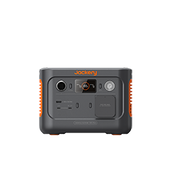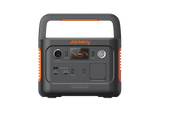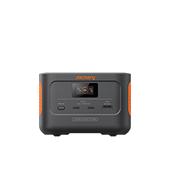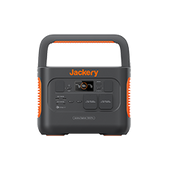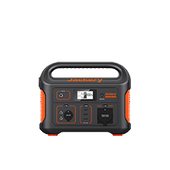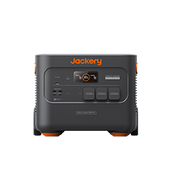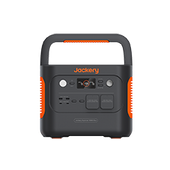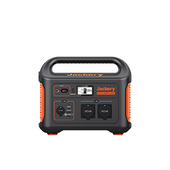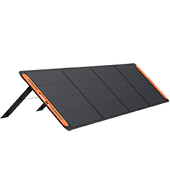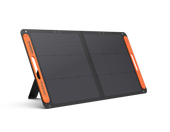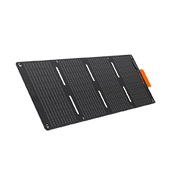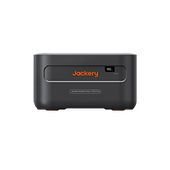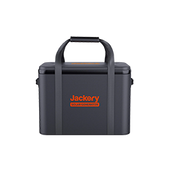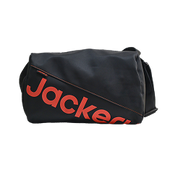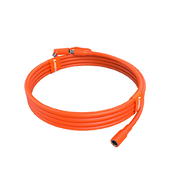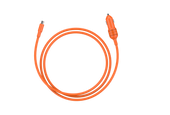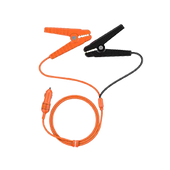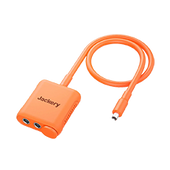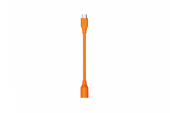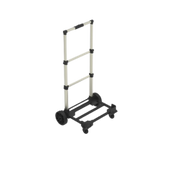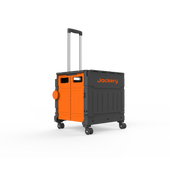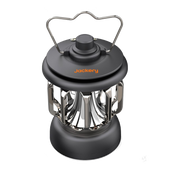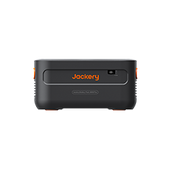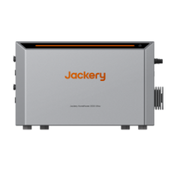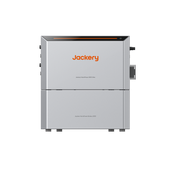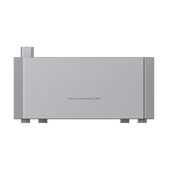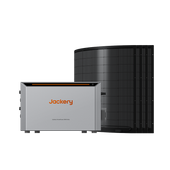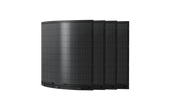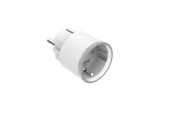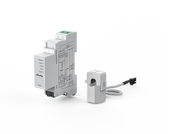Embarking on caravan holidays in Europe offers a sense of freedom that is simply unmatched. It’s the ability to wake up to an alpine sunrise one day and fall asleep to the sound of coastal waves the next. This ultimate road trip combines the comfort of your own space with the thrill of discovery.
Top European Caravan Holiday Destinations
Europe’s diverse landscapes offer a destination for every type of traveler. From sun-drenched coasts to historic routes, your adventure awaits.
France: Countryside, Gastronomy, and Abundant Campsites
France is a caravanner’s dream, known for its stunning countryside and gastronomic delights. The country boasts a vast number of campsites, with over 8,000 available.
Popular regions include Pays de la Loire, Provence-Alpes-Côte d'Azur, Normandy, Brittany, and Occitanie. Many campsites are family-friendly, offering diverse amenities like pools and kids' clubs.
Spain: Sunshine, Beaches, and Cultural Richness
Spain’s passionate culture and sunny climate make it a top choice. Regions like Galicia, Valencia, and Cataluña offer unique attractions.
Enjoy historical sites, vibrant cities, and local cuisine. The Andalusian sunshine and the beauty of Costa de la Luz are particularly appealing.
Italy: Northern Charm and Lakeside Retreats
Italy offers an iconic blend of history, food, and dramatic landscapes. Focus on northern regions with specific campsites like Union Lido Mare and Campeggio del Garda.
Experience picturesque lakes, mountains, and rich history. Drive through Tuscany’s rolling vineyards or hike among the stunning peaks of the Dolomites.
Germany: Fairy-tale Scenery and Excellent Roads
Germany’s excellent road network is perfect for exploring its fairy-tale scenery. Travel the Romantic Road to see medieval castles, hike the dense trails of the Black Forest, and take in the majestic Bavarian alpine views near the Austrian border.
Netherlands: Flat Landscapes and Vibrant Culture
Famous for its flat landscape and vibrant culture, the Netherlands is easily navigable. Park near Amsterdam to explore its iconic canals by bike, visit the expansive beaches of Zeeland, or plan a spring trip to witness the world-famous tulip routes in full bloom.
Slovenia: Europe's Hidden Gem
Slovenia offers unspoiled nature and diverse landscapes, including the Alps, rivers, forests, and the Adriatic coast. The country is committed to "green tourism" and outdoor activities like walking, cycling, and rafting.
Key regions include the Julian Alps, Triglav National Park, Lake Bled, Lake Bohinj, and the Soča River. The Karst region features olive groves and spectacular underground caves like Postojna and Škocjan.
The Adriatic coast offers beach towns like Piran, and the capital Ljubljana is a must-visit. A variety of campsites are available, including family-friendly, eco-certified, thermal spas, and tranquil forest camps.
Other Notable Destinations
- Norway: Drive alongside majestic fjords and explore the dramatic Lofoten Islands.
- Croatia: Breathtaking nature and less crowded parks.
- Austria: Alpine beauty and scenic routes.
- Portugal: Diverse landscapes from coast to countryside.
- Sweden: Diverse landscapes including lakes, coastal areas, and cities with 550 sites.
- Switzerland & Denmark: Additional popular choices for caravan enthusiasts.
- Netherlands, Belgium, Luxembourg: Accessible and well-equipped for caravanning.
Read our Guide on Hiking vs Trekking in Europe to know more about what suits you the best.
Essential Trip Planning: Route, Timing, and Paperwork
Successful caravan holidays depend on thoughtful preparation. A solid plan ensures you spend less time worrying and more time enjoying the journey.
How Should You Plan a Realistic Route?
Avoid the temptation to over-schedule your itinerary. Factor in slower travel days, especially when navigating mountain passes or busy city outskirts. Building buffer time into your plan allows for spontaneous detours and relaxing sightseeing stops.
When is the Best Time for a European Caravan Holiday?
The shoulder seasons of May-June and September are often the best times for a holiday in Europe. You’ll encounter fewer crowds, benefit from lower campsite fees, and enjoy milder weather perfect for exploring. Consider booking during sales (January, Easter) and being flexible with dates.
Avoid peak school holidays for better prices.
What Paperwork and Documents Are Essential?
Organize your paperwork to ensure smooth border crossings and legal compliance.
- Must-Haves: Ensure you have your valid driving licence, vehicle registration document (V5C for UK vehicles), all travelers' passports, and comprehensive vehicle and travel insurance documents.
- Country-Specific Requirements: Research your route for vignettes (toll stickers) required for motorways in countries like Austria and Switzerland. Many other countries, including France and Italy, use electronic tolls, so be prepared to pay at booths or set up an electronic tag in advance.
- Post-Brexit/Schengen Area: If traveling from a non-Schengen country like the UK, allow extra time at border crossings for passport stamping and customs checks. Verify current rules on transporting goods like food and alcohol.
- Pro-Tip: Keep digital copies of all critical documents in a secure cloud service and physical photocopies in a separate location from the originals. This provides a crucial backup if your documents are lost or stolen.
Managing Costs and Staying Legal On the Road
A well-planned budget is key to a stress-free adventure. Understanding the main expenses and knowing how to save money will help you stay on track.
What Are the Main Costs to Budget For?
Your main expenditures will include fuel, road tolls and vignettes, campsite fees, and potential ferry crossings. Also budget for food, activities, and a contingency fund of 15-20% of your total budget for unexpected repairs or emergencies. Consider booking campsites and ferry crossings together for financial protection.
What Are Some Actionable Money-Saving Tips?
- Travel during the off-peak or shoulder seasons to take advantage of lower campsite fees and less traffic.
- Cook most of your meals in your home on wheels. Stock up on groceries at larger supermarkets in lower-cost countries to save on food expenses.
- Utilize external discounts (NHS Blue Light Card, Perkbox, Kids Pass, cashback).
- Pack essentials like linen and food to reduce costs.
What Are the Rules for "Wild Camping" in Europe?
The freedom to park anywhere, known as wild camping, is a common dream but is legally complex. Rules vary drastically by country and even by local region. In countries like Norway and Sweden, the "right to roam" is generous, while in others like Italy and Croatia, it is strictly prohibited.
Always use reliable apps and official sources to check local regulations. For definitive guidance, consult the official tourism board or national motorhome association for each country on your route. You can know more by reading our guide on wild camping.
Preparing Your Vehicle for European Roads
A thorough vehicle inspection before you leave is non-negotiable. Ensuring your caravan and tow vehicle are in top condition is essential for safety and reliability.
What Pre-Trip Vehicle Inspections Are Non-Negotiable?
- Brakes and Tyres: Check brake pads and discs for wear. Inspect tyres for tread depth, correct pressure, and any signs of damage, ensuring they are suitable for the terrain you plan to cover, such as mountain-rated tyres for alpine routes.
- Electrics and Battery: Test all exterior and interior lights, including indicators and brake lights. Check the health of your leisure battery and ensure all internal electrical systems are functioning correctly.
- Towing Equipment: If towing, thoroughly inspect the hitch, coupling mechanism, and breakaway cable for any signs of wear or damage.
- Essential Safety Gear: Confirm you have the required safety equipment for the countries you'll visit. This typically includes a warning triangle, high-vis vests for all passengers, a comprehensive first-aid kit, and a fire extinguisher.

What Are the Key Driving Rules and Cultural Norms?
Navigating Europe requires awareness of both driving regulations and local customs. Below is a breakdown to help you prepare.
|
Driving Requirement |
Details |
|
Documentation |
Valid driving license, vehicle registration, and insurance documents (Green Card). |
|
Vehicle Identifier |
A "D" sticker for German vehicles or a "UK" sticker for UK vehicles when abroad. |
|
Vignettes/Tolls |
Required for motorways in countries like Austria and Switzerland. |
|
Safety Equipment |
Warning triangle, first-aid kit, and high-visibility vests are mandatory in most countries. |
|
Alcohol Limits |
Varies by country (e.g., 0.05% in Germany, lower in others). Always check local laws. |
|
Winter Tyres |
Regulations vary; they are situational in Germany but mandatory in other EU countries during winter months. |
Consult official sources like national transport ministries for the most current and detailed driving regulations for each country on your route.
Powering Your Freedom: Choosing the Right Portable Power Station
Your adventure shouldn't be limited by where you can plug in. Campsite electrical hook-ups can be unreliable, fully booked, or simply unavailable at the most beautiful off-grid spots. A portable solar generator provides complete energy independence.
Which Jackery Solution Matches Your Travel Style?
Jackery offers a range of solutions tailored to different travel needs, from weekend trips to extended off-grid expeditions.
o Capacity: 288Wh
o Weight: 8.27 lbs (3.75 kg)
o Key Feature: Ultra-portable and lightweight with a fast 2-hour AC charging time.
o This compact unit is perfect for light travelers and weekenders, easily keeping essential gadgets charged. It can charge a mobile phone (29W) 13 times or a computer (80W) 3 times.
o Capacity: 1070Wh
o Output: 1500W
o Key Feature: Emergency supercharging from 0-100% in 1 hour.
o Ideal for digital nomads or families, this generator reliably powers a laptop (50W) for 14 hours or runs a mini-fridge, ensuring a productive and comfortable setup.
o Capacity: Expandable from 2-24kWh
o Charging: Ultra-fast solar charging in 2 hours with 6x 200W solar panels.
o Key Feature: Massive, expandable capacity for ultimate energy freedom.
o This powerhouse supports extended off-grid living, running essential appliances like a refrigerator (300W) for 5 hours or even a microwave (1000W) for 2 hours for true home-like comfort.
Conclusion
A European caravan trip offers an unparalleled blend of freedom and adventure, but its success lies in smart, thorough planning. By researching your route and local regulations, meticulously preparing your vehicle, and securing a reliable independent power source, you set the stage for a seamless journey.
Use these steps to plan with confidence. A well-prepared trip is a safe, comfortable, and truly unforgettable adventure on the open road.
Frequently Asked Questions
1. How can I ensure my caravan's internal appliances (like the fridge or water pump) are compatible with European electrical systems?
Check that your appliances are compatible with the European standard of 230V and 50Hz. You will need a campsite-specific adapter (typically a blue CEE 17 plug) to connect to mains hook-ups.
2. What are the best strategies for managing waste disposal (grey water, black water, and rubbish) while caravanning across different European countries?
Use designated service points (aires de service) at campsites or motorway service stations to empty grey and black water tanks. Always follow local recycling guidelines for disposing of general rubbish.
3. Beyond the essentials, what unique or country-specific road rules should I be aware of that might surprise a first-time caravanner in Europe?
Be aware of lower speed limits for vehicles towing caravans, which vary by country. Some countries, like France, require you to carry a certified breathalyser, while others mandate winter tyres during specific months.
4. How can I best prepare my pets for a European caravan adventure, considering varying regulations and comfort during travel?
Ensure your pet has a valid EU pet passport, is microchipped, and has up-to-date vaccinations, including rabies. Plan for frequent stops and ensure your pet is comfortable and secure while the vehicle is in motion.
5. What are common pitfalls or unexpected challenges first-time European caravanners often encounter, and how can they be avoided?
Common challenges include navigating narrow village streets, language barriers in emergencies, and underestimating driving times. Avoid these by planning routes with wider roads, having translation apps ready, and building flexibility into your schedule.



